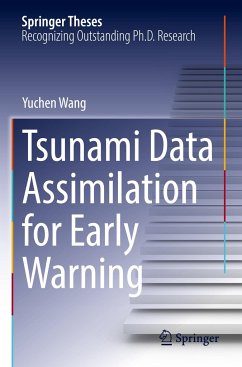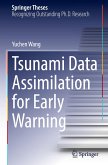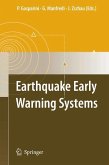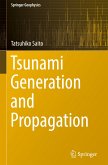This book focuses on proposing a tsunami early warning system using data assimilation of offshore data. First, Green's Function-based Tsunami Data Assimilation (GFTDA) is proposed to reduce the computation time for assimilation. It can forecast the waveform at Points of Interest (PoIs) by superposing Green's functions between observational stations and PoIs. GFTDA achieves an equivalently high accuracy of tsunami forecasting to the previous approaches, while saving sufficient time to achieve an early warning. Second, a modified tsunami data assimilation method is explored for regions with a sparse observation network. The method uses interpolated waveforms at virtual stations to construct the complete wavefront for tsunami propagation. Its application to the 2009 Dusky Sound, New Zealand earthquake, and the 2015 Illapel earthquake revealed that adopting virtual stations greatly improved the tsunami forecasting accuracy for regions without a dense observation network. Finally, a real-time tsunami detection algorithm using Ensemble Empirical Mode Decomposition (EEMD) is presented. The tsunami signals of the offshore bottom pressure gauge can be automatically separated from the tidal components, seismic waves, and background noise. The algorithm could detect tsunami arrival with a short detection delay and accurately characterize the tsunami amplitude. Furthermore, the tsunami data assimilation approach is combined with the real-time tsunami detection algorithm, which is applied to the tsunami of the 2016 Fukushima earthquake. The proposed tsunami data assimilation approach can be put into practice with the help of the real-time tsunami detection algorithm.
Bitte wählen Sie Ihr Anliegen aus.
Rechnungen
Retourenschein anfordern
Bestellstatus
Storno








